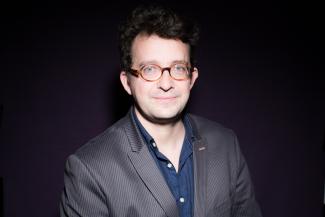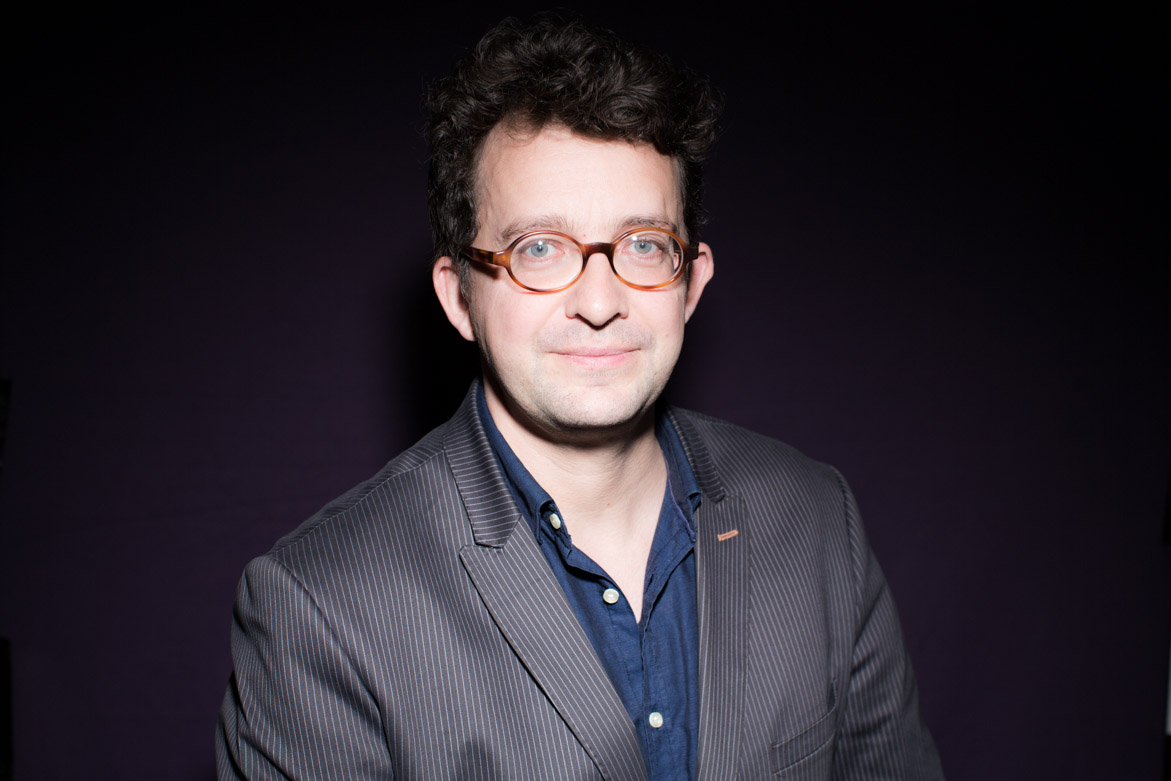
Practical information

On the 10th of May, controversial Jacob Zuma will celebrate his first year as President of the Republic of South Africa; position where many analysts did not think he would fit the job. What is the situation one year later? While he claims to be in Nelson Mandela's tradition, Marianne Séverin will question if he wouldn't rather be the "original copy" of his predecessor Thabo Mbeki - ex-friend for about 30 years, and if Zuma has really operated a shift within the administration?
Around Marianne Séverin, Doctor in Political Sciences, Consultant and Research Fellow at the African Studies Center of Bordeaux Political Studies School. Her 2006 Phd Thesis was named: ANC networks (1910-2004) - An History of leadership-building in the new South Africa". There is a link towards her last paper:
La nouvelle ère politique sud-africaine : Des élections d’avril 2009 aux premiers pas du nouveau Président Jacob Zuma, Fondation Jean-Jaurès, march 2010
Chairman: Alain Antil, Head of Ifri's Sub-Saharan African program
Speakers
Other events

From Ambition to Action: Exploring Technological Partnerships with India
The 16th EU-India Summit, held on January 27th in New Delhi with European leaders António Costa, Ursula von der Leyen, and Prime Minister Narendra Modi, marks a significant milestone in deepening EU-India relations. At the same time, official bilateral visits from EU member states are on the rise, including that of the French President, who visited India in February to participate in the Artificial Intelligence Summit. As India asserts its technological ambitions and seeks to reduce its dependence on China, Europe is stepping up its efforts to diversify its strategic partnerships.

The Enlargement of the European Union: A Strategic Choice? France, the Western Balkans and the EU in an Uncertain Geopolitical Context
Russia’s war against Ukraine has brought the enlargement of the European Union back to the centre of European strategic debates. In this context, the Western Balkans have regained heightened visibility in discussions on the continent’s security, at a time when the international environment is marked by a growing number of destabilising factors.








